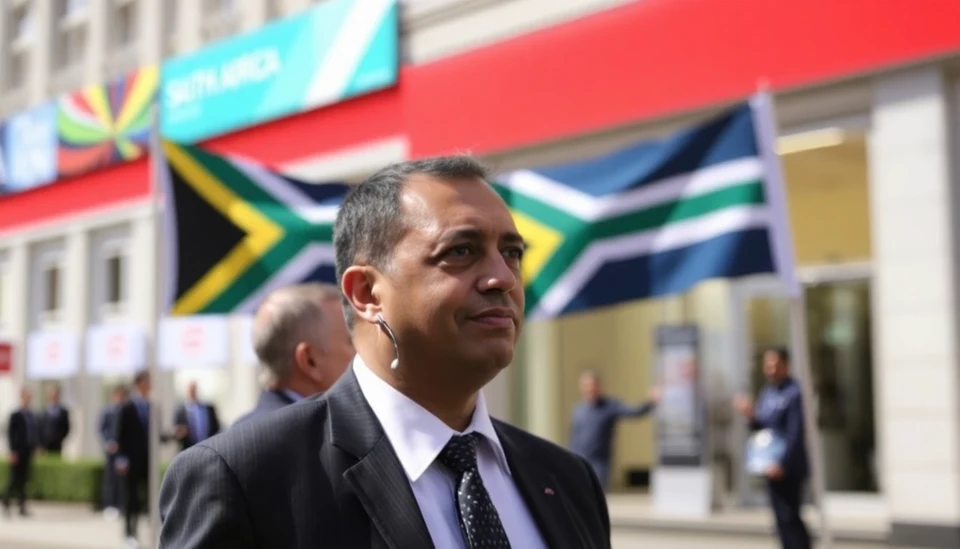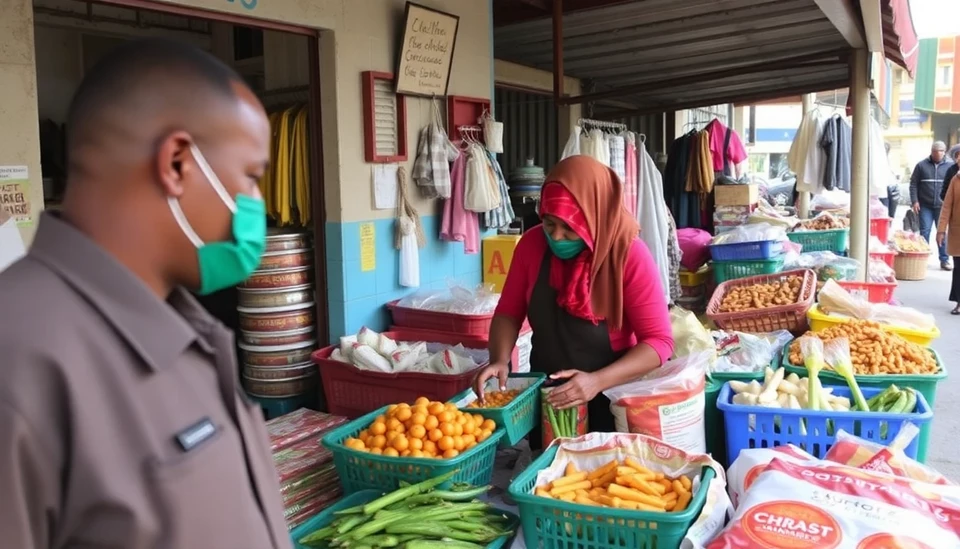
In a significant development for the South African economy, the latest inflation data reveals a notable decrease in the inflation rate. This decline has prompted discussions regarding potential interest rate cuts as policymakers reassess the economic landscape. Observers are closely monitoring these changes, which could have profound implications for consumers and businesses alike.
The inflation rate in South Africa fell to 4.7% in September, down from 5.4% in August, according to the latest report by Statistics South Africa. This drop was not only in line with expectations from market analysts but also reflects a more stabilizing economic environment. The decrease in inflation provides a fresh perspective for the South African Reserve Bank (SARB), which had previously maintained a cautious stance regarding interest rates.
With inflation easing, the central bank now faces growing pressure to consider reducing the benchmark interest rate, which currently stands at 8.25%. A cut could stimulate economic activity by making borrowing cheaper, thereby encouraging spending and investment. However, central bank officials are expected to approach this decision with caution, as they balance the need for growth against the risk of any upcoming economic shocks.
Analysts have pointed out that the recent decline in oil prices and improved agricultural conditions are contributing factors to the reduced inflation figure. Additionally, there have been indications of a stronger rand, which has helped lower costs for imported goods, contributing to overall price stabilization.
Several economists have highlighted that if inflation continues to trend downward, it could bolster the case for an interest rate cut in the upcoming months. Some forecasts suggest that the SARB might consider a modest reduction as early as its next monetary policy meeting, suggesting a potentially more accommodative monetary stance ahead.
In the backdrop of these developments, South African businesses are hopeful that reduced interest rates could lead to increased consumer spending. Following a prolonged period of economic challenges, any movement towards a more favorable interest environment is viewed as a much-needed relief for both consumers and enterprises striving for recovery.
As South Africa's economy continues to navigate post-pandemic recovery efforts, the implications of falling inflation may set the stage for a more robust economic landscape. However, industry experts advise caution, suggesting that ongoing monitoring of external economic factors, such as global commodity prices and geopolitical events, will remain vital in shaping future economic policy.
As the market awaits the next moves from the SARB, the current economic indicators suggest a cautious optimism among stakeholders. The potential for lower interest rates could mark a turning point for South Africa, paving the way for enhanced economic growth and stability.
In summary, the recent dip in South Africa’s inflation rate has triggered speculations regarding a possible interest rate cut, positioning the nation’s central bank to make critical decisions in the coming months. With economic conditions appearing to stabilize, both businesses and consumers are watching closely for further developments that could influence their financial strategies moving forward.
#SouthAfrica #Inflation #InterestRates #EconomicRecovery #SARB #CentralBank #MarketTrends
Author: Daniel Foster




